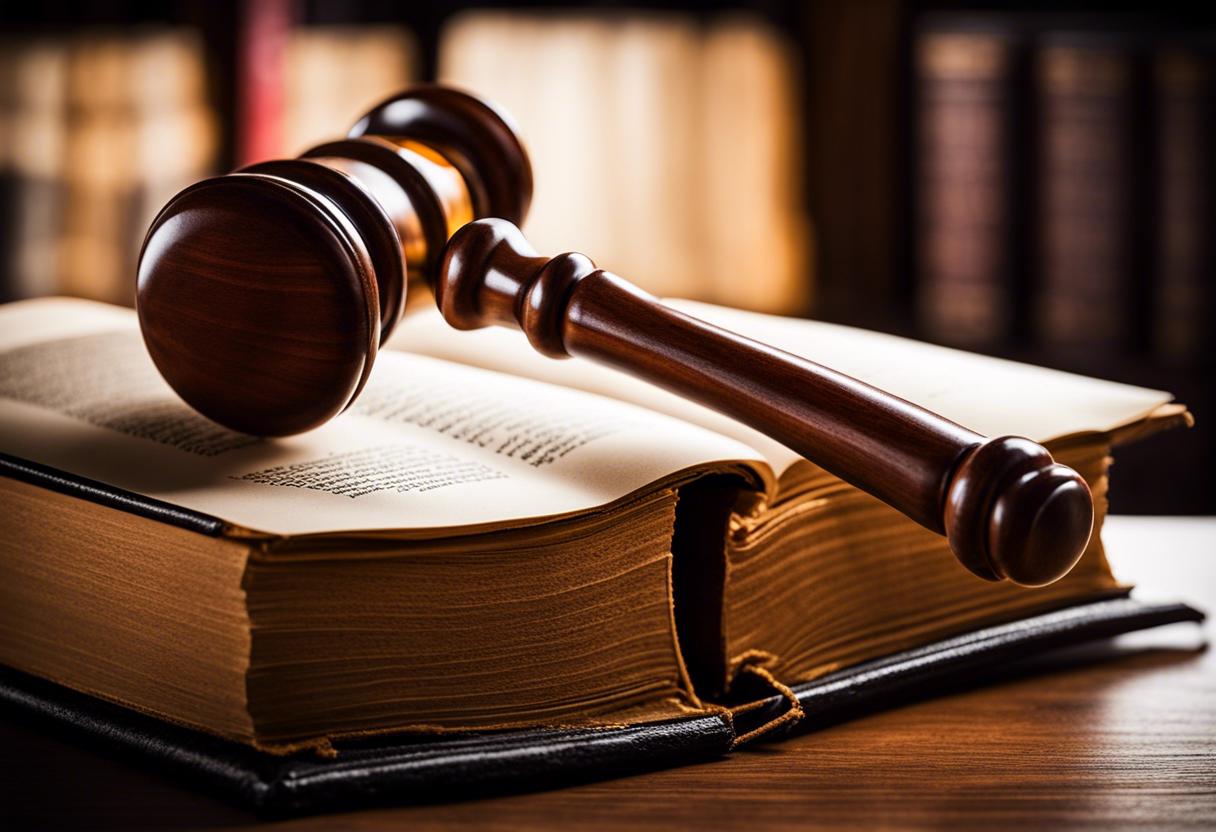The Supreme Court is set to consider an appeal against a ruling by the High Court that could potentially enable motorists accused of driving under the influence of drugs to evade legal consequences. Following concerns that the ruling from last November could severely impact the implementation and prosecution of drug-related and possibly alcohol-related driving offences, the Director of Public Prosecutions (DPP) managed to obtain a direct appeal to the supreme judicial body. Her explanation was that the ruling might undermine the functionality of obligatory checkpoints for intoxicants and could potentially raise issues concerning other powers of the Garda.
Justice Garrett Simons of the High Court determined that the Road Traffic Act 2010 does not give gardaí the authority to detain a motorist at a checkpoint for an hour while their saliva sample is analysed for drugs. According to him, section 10(4) of the Act does not seem to anticipate any delay between the provision of the specimen and the detection if drugs are present or absent. He reiterated that his judgement applies exclusively to saliva samples for drug testing and does not relate to breath samples used for alcohol testing. The impact of his ruling is currently on hold while the appeal is reviewed.
The judgement was initially sought by the District Court while hearing a prosecution case of a man accused of drug-driving. The man was held at a roadside checkpoint for a drug test and was ordered to stay there for up to an hour, although his saliva analysis only took 18 minutes. The garda who halted him subsequently believed he was impaired by a substance and he was consequently taken to a Garda station to provide a blood sample.
In her plea for an appeal, the DPP argued that the ruling by the High Court has significant repercussions for the prosecution of traffic offences related to intoxicants and overall road safety. The Supreme Court response to legal issues could potentially impact numerous ongoing and future legal proceedings for drug-driving and possibly drink-driving, she stated. According to her, the decision has already led to widespread confusion and uncertainty, causing multiple adjournments in District Court cases.
The man did not contest the appeal request, admitting that it involves matters of significant public concern yet arguing that the High Court’s decision was not ambiguous. The legality of the request for an appeal, bypassing the intermediate Court of Appeal, was verified and accepted by a trio of Supreme Court justices. They opined that scheduling an early appeal hearing should be feasible.

